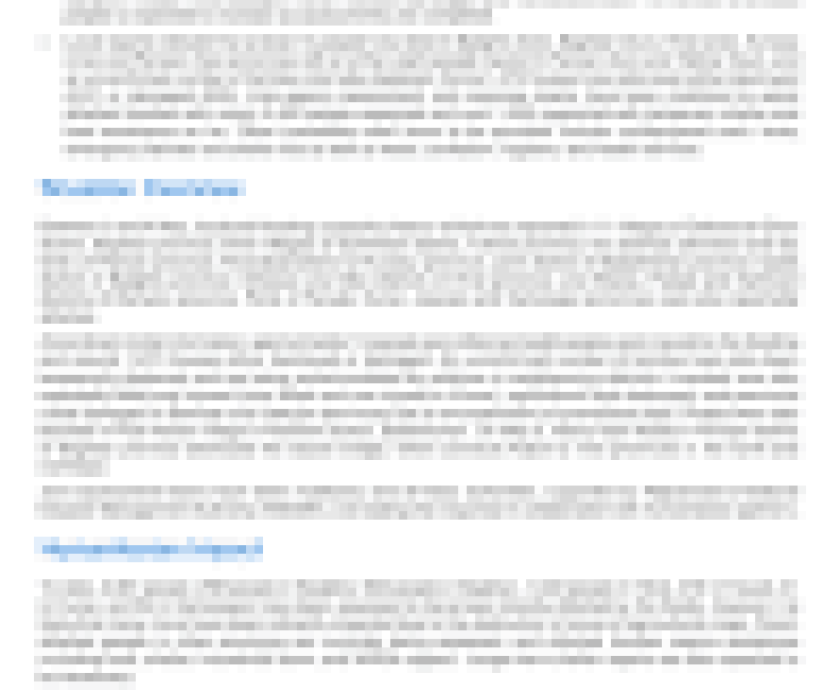Click to expand Image
Chinese paramilitary police walk on the Olympic Green at the 2022 Winter Olympics in Beijing, January 30, 2022.
© 2022 AP Photo/Mark Schiefelbein
“All efforts to save the Winter Olympics.” “Make way for the Winter Olympics.” These phrases have repeatedly appeared in Chinese news reports over the past few months. When the 2022 Winter Olympics officially kick off in Beijing on February 4, the city will become the first to host both the summer and winter games. The Chinese government propaganda machine has gone into overdrive to emphasize this historic moment and ensure it goes smoothly – often to the detriment of Beijing’s inhabitants.
In the lead-up to the games, Beijing residents have had to “make way” – without a say or choice. In January, as the city prepared for the arrival of international athletes, Beijing authorities set to root out undetected Covid-19 infections. One measure was to require anyone buying common cold medicine to undergo Covid-19 testing, often forcing people to wait in long lines in poor weather. Authorities also urged those living in Beijing not to travel to their hometown during the Lunar New Year holiday, which coincides with the Olympics, as people in China traditionally do. In response, one netizen lamented, “How many consecutive years! Is there any humanity in those words?” Many popular domestic sporting events, including the Beijing and Guangzhou marathons, were canceled.
Those who complain risk being muzzled. A netizen posted on the Chinese social media platform Weibo: “[I] said a few words about the fact that North Korea is not participating in the Winter Olympics, [my account] will be suspended … for 30 days! Weibo administrator also said I violated state laws and regulations.”
For critics of the government, it’s more than just online censorship. After Hu Jia, a prominent human rights activist, condemned authorities on Twitter for harassing and detaining activists ahead of the Winter Olympics, the police visited him four times in eight days. In January, authorities detained human rights lawyer Xie Yang in Changsha and activist Guo Feixiong in Guangzhou, both on charges of inciting subversion. Other human rights defenders active around the 2008 Summer Olympics have been silenced, forcibly disappeared, or driven out of the country.
There appears to be less criticism, complaints, and mockery online now than during the 2008 games. But don’t assume that’s because people are more content this time around. It’s because the price for speaking up is now so high.



